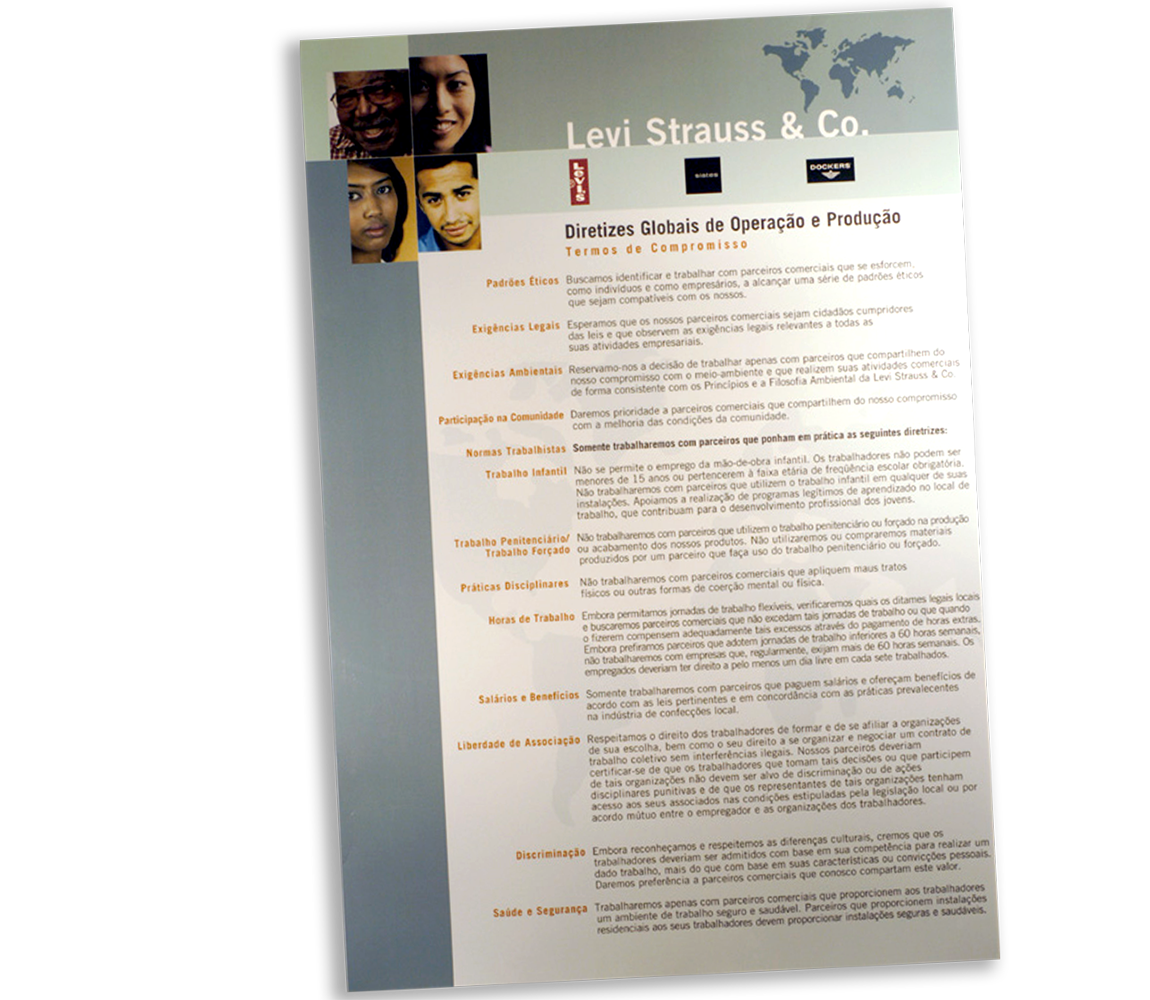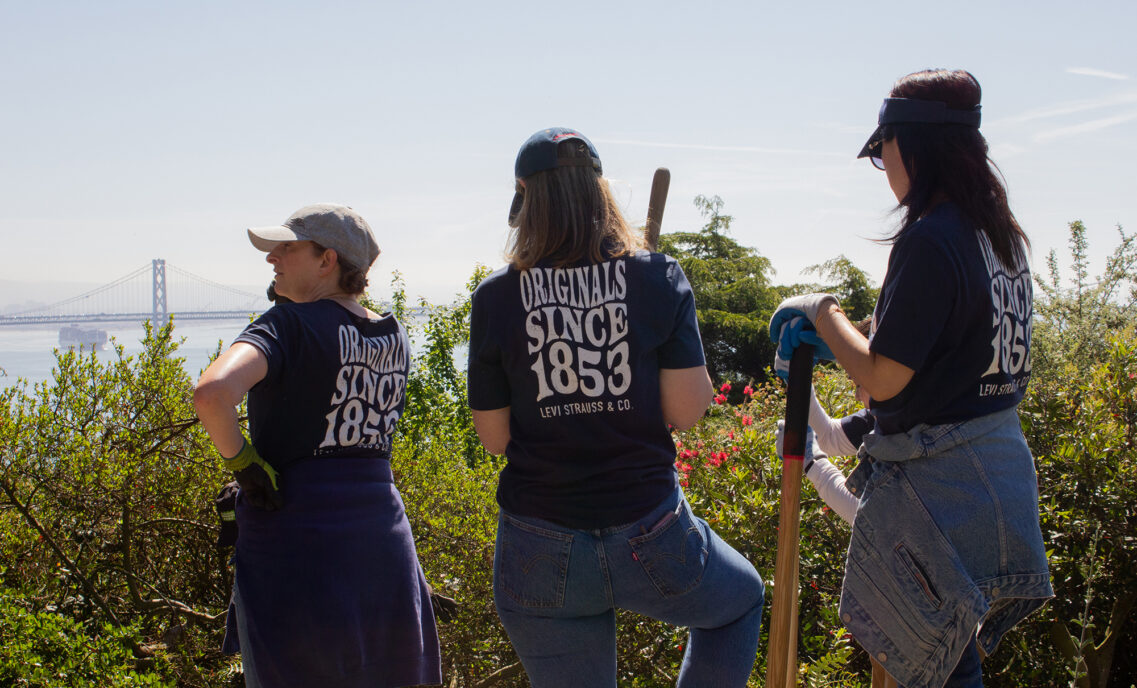What’s good for people can be good for business. That’s our approach.
Think about it. If apparel workers are healthy and take pride in their work, that’s good for them, their families, and their community . . . and, chances are they’ll do a good job.
That was the thinking, more than 20 years ago, behind our Terms of Engagement, the labor, health, safety and the environment requirements for our supplier factories to protect the people who make our garments. If a factory wants to make Levi’s®, Dockers® or Denizen® product, they have to abide by our standards.
Now, we’re building on those standards by piloting a new approach with factories. The idea is to support programs that will improve the lives of workers within and beyond the factory walls.
Today, we’re releasing a research paper with Ceres, which lays out this new approach. A separate one-page document provides a brief overview.
As the chief supply chain officer at Levi Strauss & Co., I manage the sourcing of our products from around the world. I’m also responsible for making sure our products are made in a way that aligns with our longtime approach of “profits through principles.”
We already know that improving factory conditions makes business sense. BSR’s HERproject (Health Enables Returns), a worker program the Levi Strauss Foundation supports in China, Egypt, India and Pakistan, showed that for every $1 invested in women’s health education, $4 of savings was delivered in Egypt. That’s good for people and for business.
Over the past year, with the help of Ceres and BSR, we convened industry stakeholders, other companies and NGOs to share knowledge and start the conversation on what is needed to make this vision a reality.
We know that we don’t have all the answers. And we learned that we need better data on what workers actually need. That’s why, as part of the pilot program, we’re charting new territory by conducting worker surveys that will help understand their needs and aspirations, and also set a benchmark for progress.
And we’re collaborating with our suppliers to launch a pilot program in five factory sites – one each in Bangladesh, Cambodia, Egypt, Haiti and Pakistan. In these locations, we’ll be developing programs tailored to the needs of each workforce.
We know that we can’t do this alone. We invite you to join us on this path to further demonstrate that what’s good for people … is good for business.







